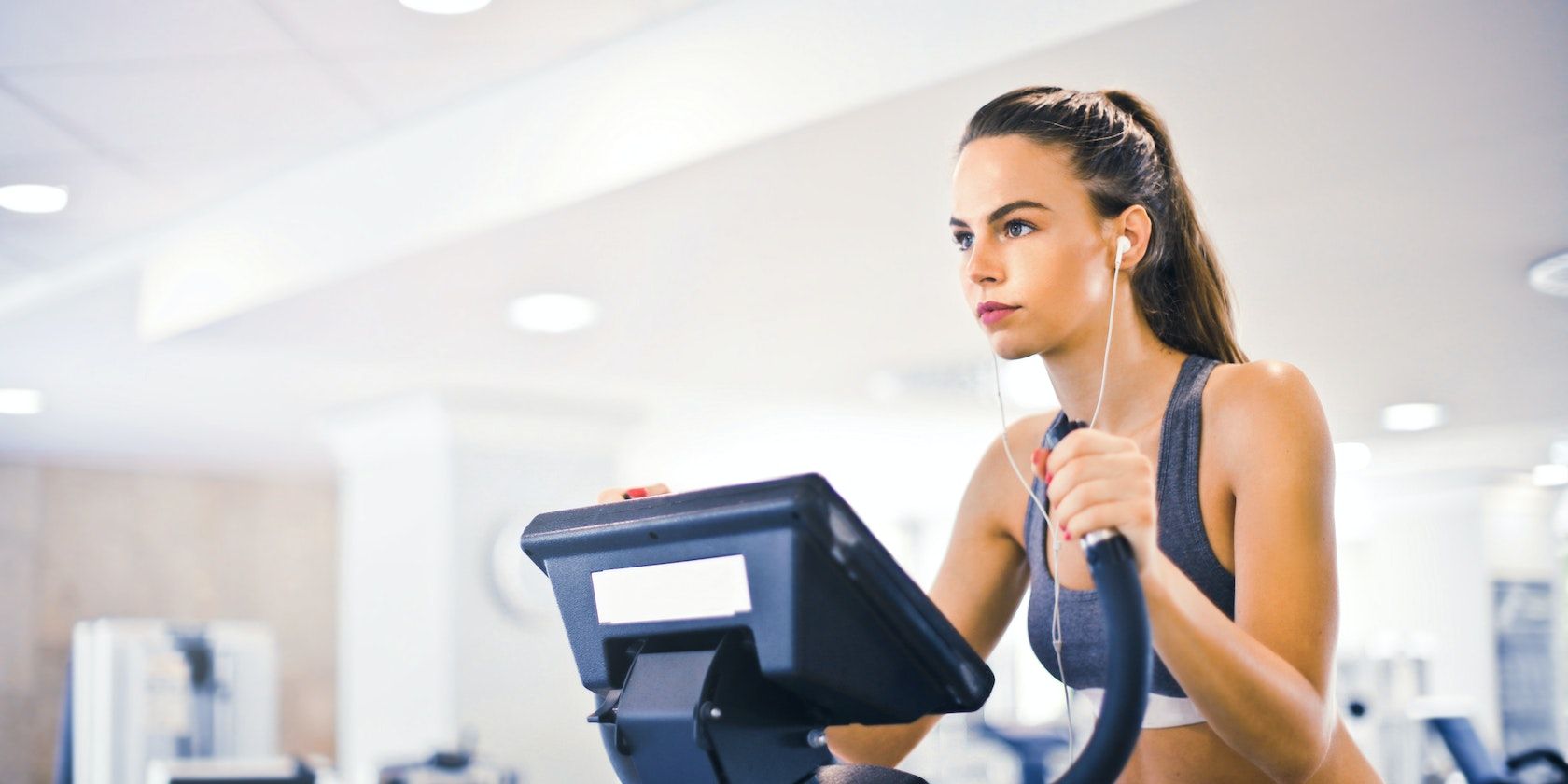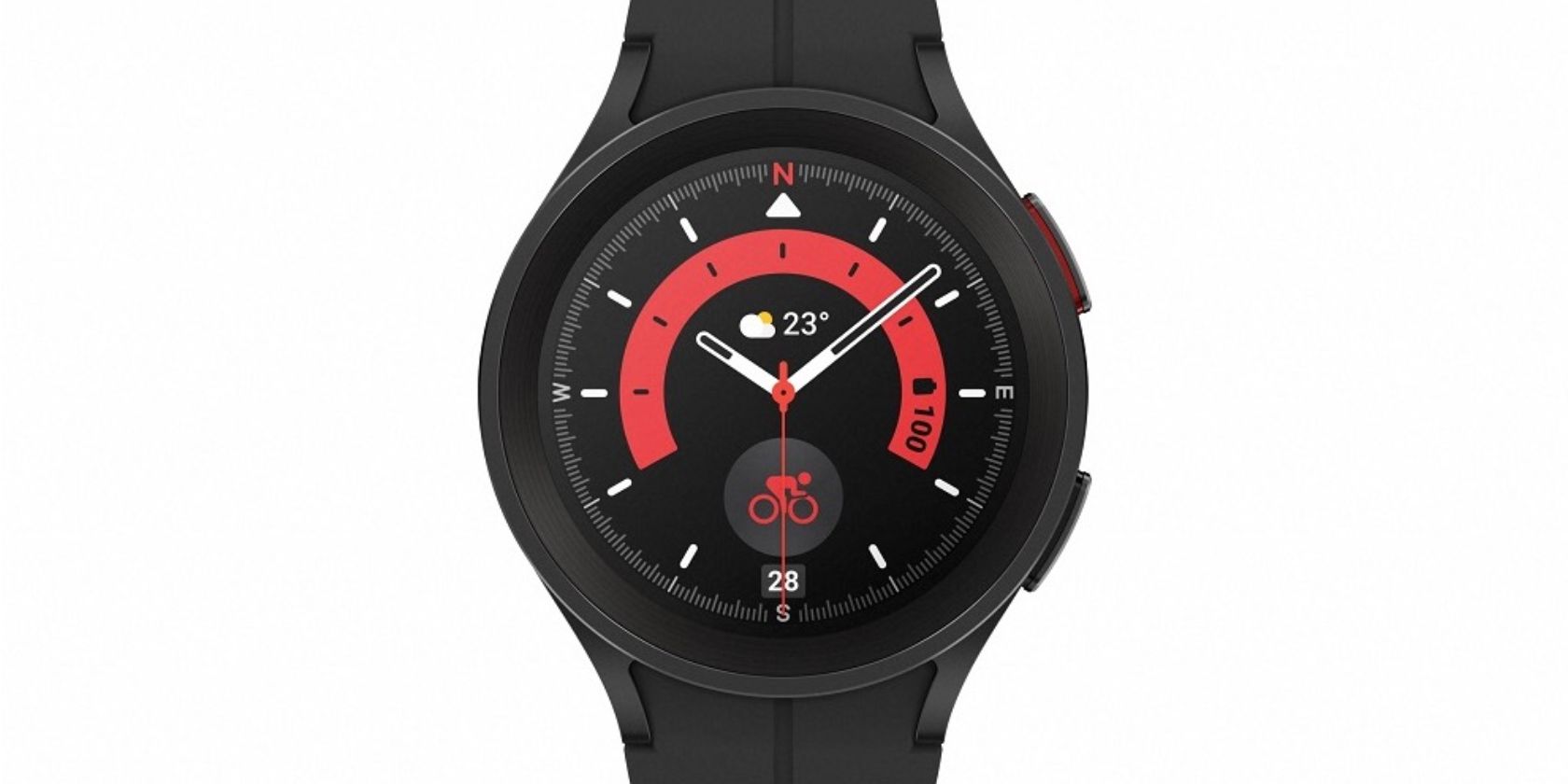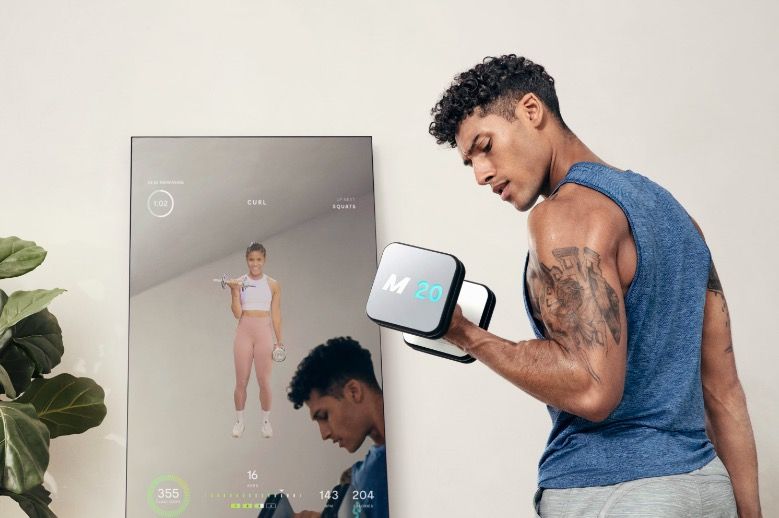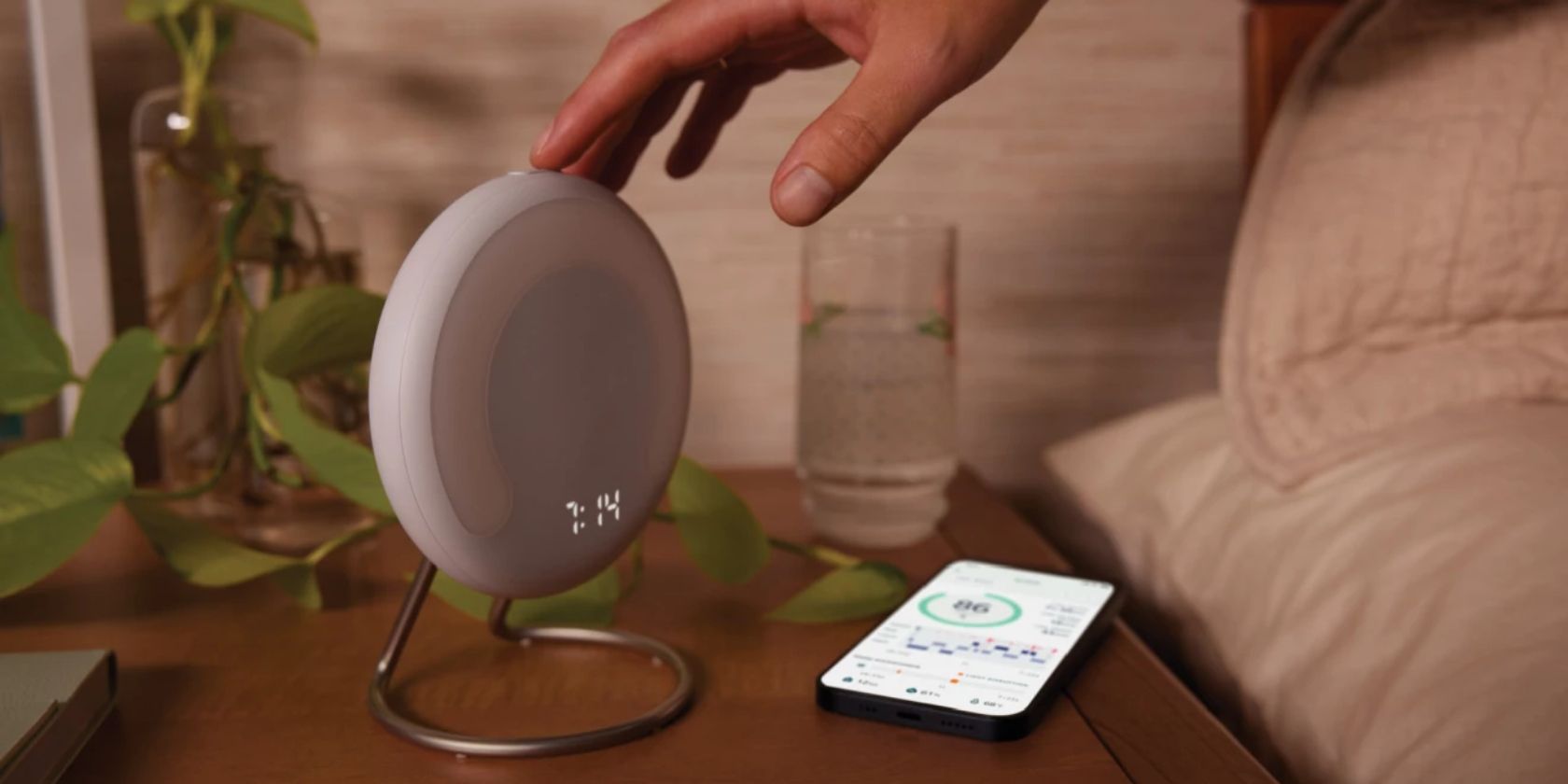From advances in telehealth to new medical gadgets and apps that motivate you to live a healthier life, 2022 saw exciting new wellness technology emerge, especially in niche product categories. However, the most interesting wellness trends stem from the increased adoption and maturation of existing tech.
Smarter fitness technology, advances in mindfulness and meditation apps, and improvements in sleep tracking were three of the most interesting tech wellness trends in 2022. These not only gathered steam last year, but there is still an incredible amount of growth potential, and these trends will likely continue into 2023 and beyond.
Smarter Fitness Technology
Fitness technology has been around for a while and when you think of all the internet-connected fitness products such as weight scales, water bottles, jump ropes, and metabolism devices, it seems like any product can be made to be "smart" by building in a Wi-Fi connection and adding a dash (or a lot) of marketing. But some products show off what truly smart fitness tech can do.
Two of the leading wearable fitness technologies gained significant improvements in 2022, namely fitness trackers and smartwatches. For example, Apple released several health-related watchOS 9 features.
Meanwhile, Samsung's Galaxy Watch5 and Galaxy Watch5 Pro now come equipped with a BioActive sensor, which offers accurate, real-time body composition measurements by using advanced bioelectrical impedance analysis. In other words, it can measure how much of your body consists of fat versus muscle and water, in case you were wondering.
Smarter fitness technology in wearable devices gives you a better understanding of your everyday health and wellness and helps you improve it with useful insights.
Not only did trackers and smartwatches get smarter, but other smart fitness products—such as smart home gym fitness mirrors—improved, too. Among other features, fitness mirrors can display a digital trainer whose directions you can follow during a workout. With the help of AI, some offerings such as Tempo Studio and Tonal can help correct your form as you work out.
While these products have been around for several years, their growth in 2022 was noticeable. Research and Markets (via Business Wire) predicts that the North American connected gym equipment market will reach $1 billion by 2028, up from $217 million in 2021. This predicted level of growth is staggering.
While the market is growing, so too is the library of exercises available with each product offering. Lululemon's Mirror device, which was recently rebranded as Lululemon Studio, now boasts over 10,000 classes. Further, because these devices are internet-connected, features are continually being added to make them even smarter, while economies of scale should also make them cheaper.
Advances in Meditation and Mindfulness Technology
Meditation apps and devices are not new, but like fitness technology, this space continues to grow and mature. According to Skyquest Technologies, the global market for meditation apps was valued at nearly $2 billion in 2021 and is expected to be worth $7 billion by 2028.
In November 2022, popular mindfulness app Calm announced a partnership with FIFA to offer a 50% discount for people who sign up during the World Cup—a deal with a potential reach that's larger than a Super Bowl commercial. If you thought mindfulness and meditation were popular before, 2022 has seen unprecedented levels of trendiness—and for good reason.
Mindfulness and meditation apps are great for reducing anxiety and stress and developing a calmer mindset to help you cope with life. That's why you might have been drawn to them in the first place.
However, as the marketplace matures, mindfulness and meditation apps have emerged that do more than ask you to focus on your breathing or practice loving kindness toward others (both of which are fundamental to regular meditation practice). As people become more fluent in meditation and mindfulness, they have begun to seek apps that offer deeper, richer teachings.
For example, the Waking Up app, created and managed by public intellectual and neuroscientist Sam Harris, offers guided meditations and concentration exercises, such as those that train attention on your breath or body. The app also offers a deep exploration into concepts behind and practice of non-dualism, as well as insights into the nature of reality.
Waking up also featured its first in-app live retreat in 2022, which attracted tens of thousands of participants, demonstrating the demand for more meaningful meditation experiences.
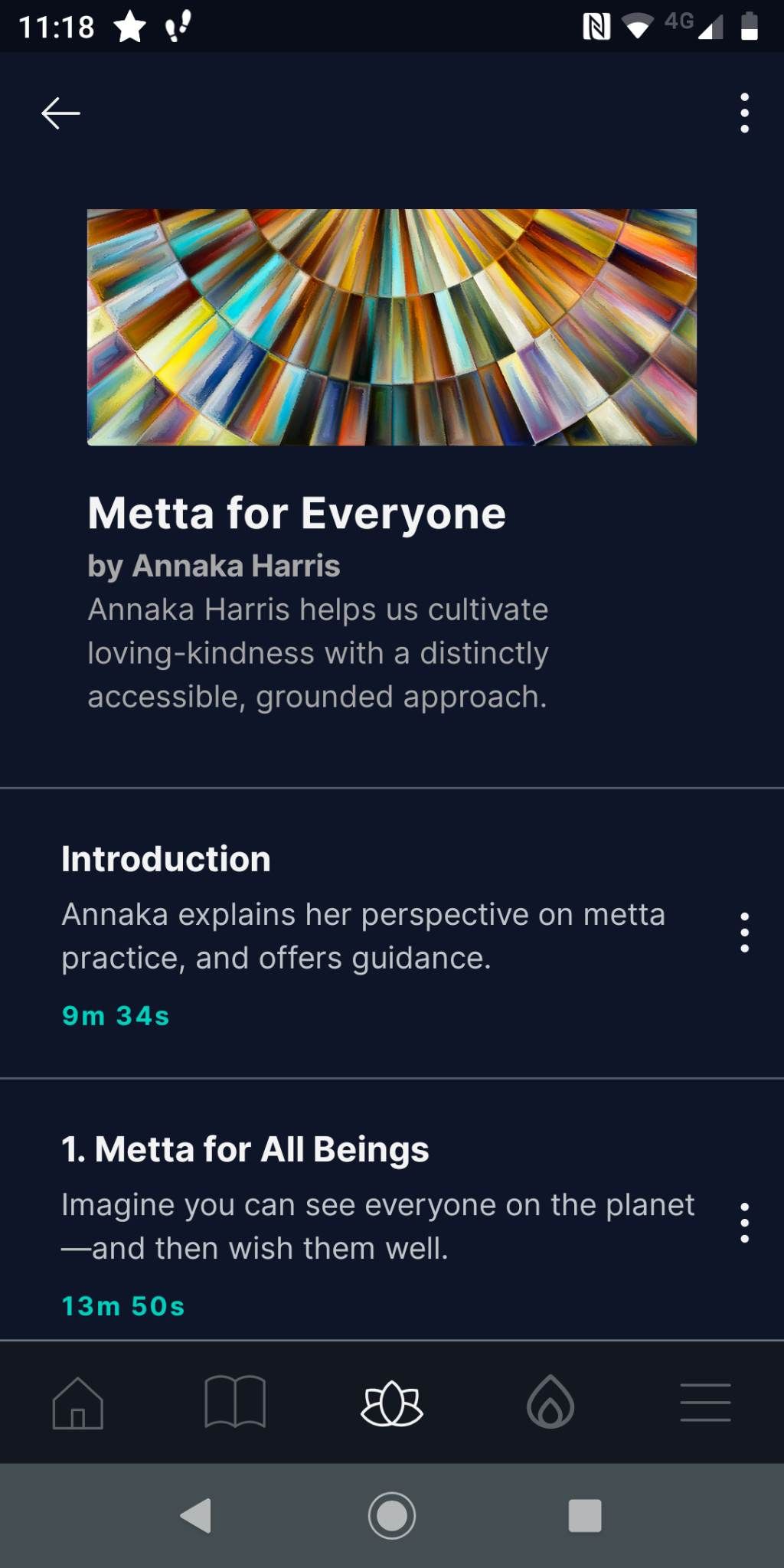
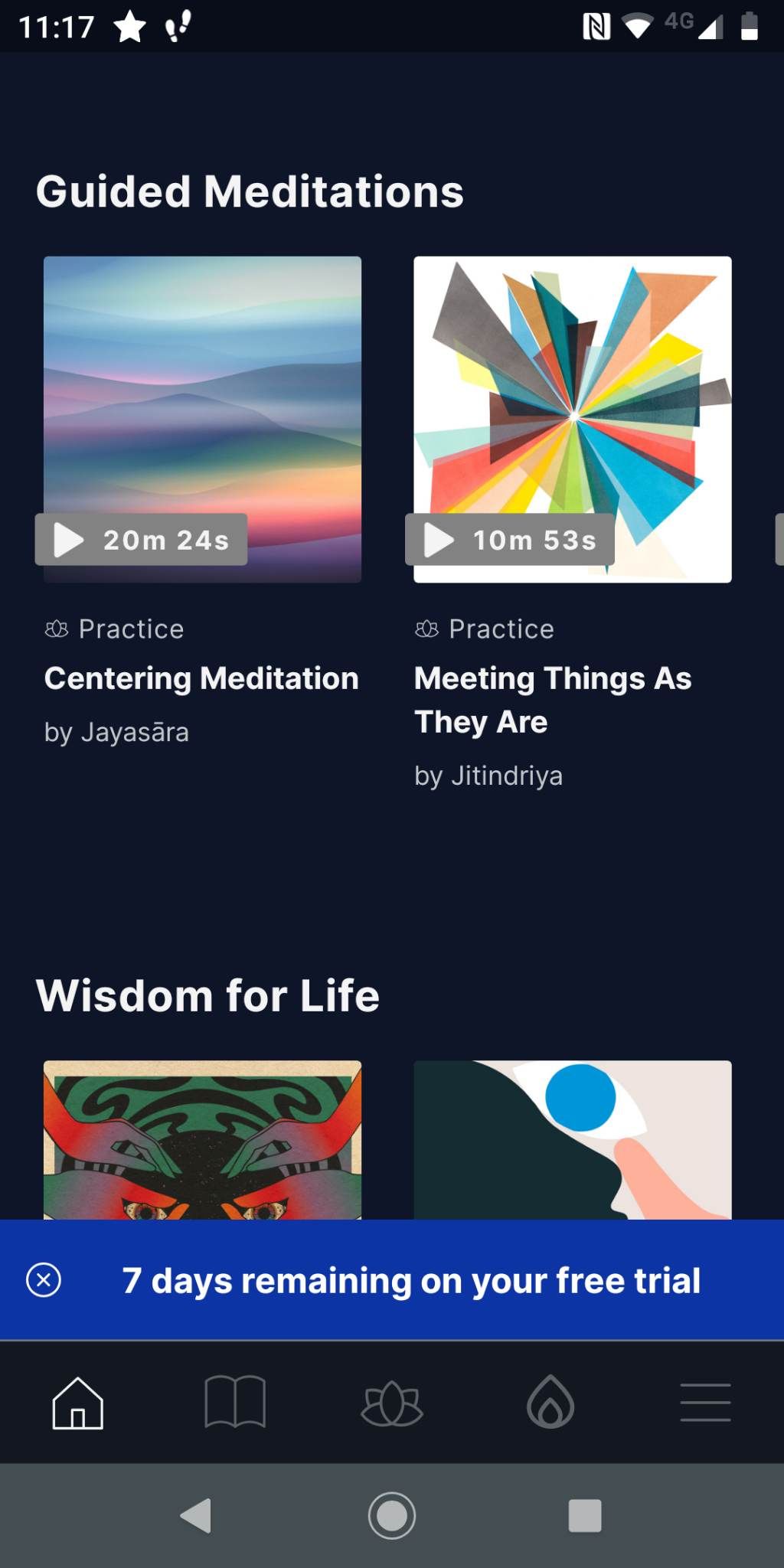
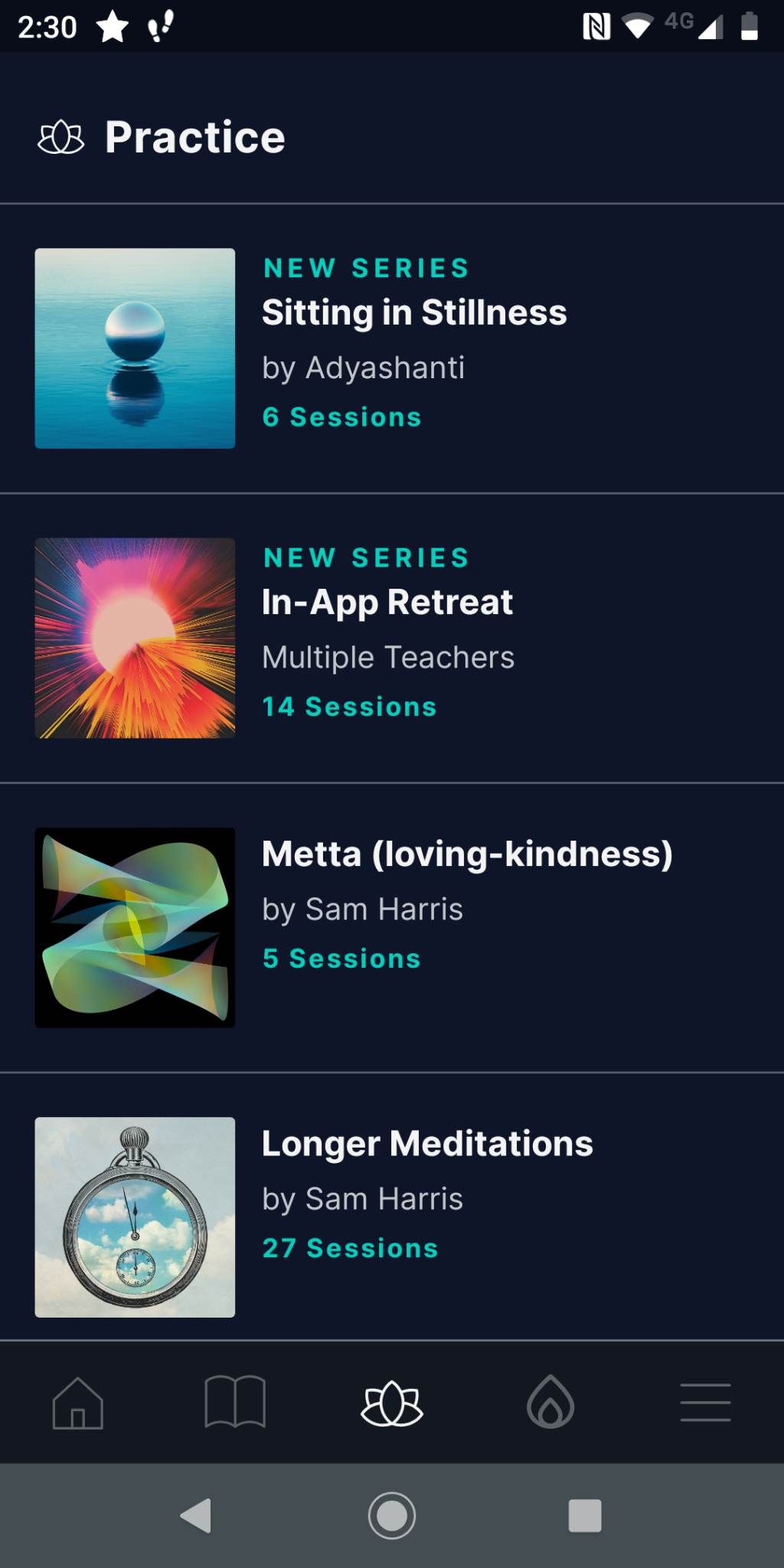
You can expect still more non-meditators to pull up a cushion and start a mindfulness journey by downloading one of the many popular meditation apps available. Meanwhile, you can also expect meditation apps to cater more and more to experienced meditators by offering more diverse forms of meditation practices.
Improvements in Sleep Tracking Technology
Sleep tracking is yet another technology that was far from new in 2022, yet companies released new and improved devices and software that make sleep tracking more detailed and valuable to more people than ever before.
For example, features of wearable devices, such as Fitbit's Sleep Profiles and the Apple Watch Sleep app, continue to gain popularity because they can monitor bodily movements as well as heart rates to make a reasonable guess about the quality of your sleep. In 2022, several innovations in sleep-tracking technology debuted that may continue to expand the accessibility and usefulness of this practice.
For example, the Amazon Halo Rise became the first contactless sleep tracker to track and monitor your movement and respiratory patterns. The device uses a low-energy sensor that emits and receives a low-power radio signal to determine when you're in bed. It also uses this sensor to measure the movement of your body. Then, it leverages a large clinical data set to analyze how the patterns of your breathing match up with sleep stages.
The Amazon Halo Rise understands your sleep cycles and wakes you with a wake light during your lightest stage of sleep. Other sensors in the device measure temperature, humidity, and ambient light.
More companies are also advancing sleep-tracking technology. Apple announced a partnership with the NightWare PTSD app, which will come pre-installed on specially designated Apple Watches that patients receive with their prescriptions. The app and device are designed to work together to disrupt nightmares as they happen.
This technology holds so much promise that the U.S. Food and Drug Administration granted NightWare "breakthrough" status, which is reserved for life-threatening or irreversibly debilitating conditions where there is an unmet medical need and preliminary clinical evidence demonstrates the treatment may result in substantial improvement. That's a pretty big deal.
As one of, if not the most important, aspects of human well-being, it should be no surprise that sleep-tracking technology will continue to grow and mature.
Keep Watching These Tech Wellness Trends of 2022
2022 saw wellness tech continue to boom and grow. While there were many new products that emerged, the biggest trends were the growth and maturation of existing smart fitness technology, meditation and mindfulness, and sleep-tracking technology. These are the products and use cases that will continue to redefine consumer fitness and overall health.

